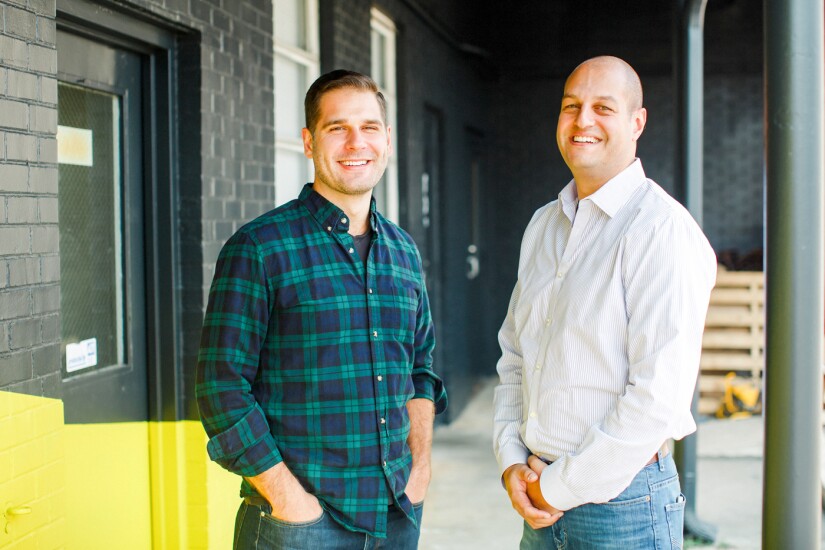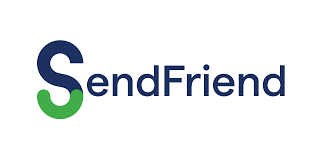Welcome to the Next Big Thing.
That, at any rate, was the idea when I visited the Barclays Accelerator powered by Techstars last week, which featured a range of entrepreneurs competing for funding. Through the Accelerator, Barclays and its partner, Techstars, funds program participants up to $120,000 per company and take an equity stake in its common stock. The firms also provide 13 weeks of advice, office space and introductions to useful contacts.
This year’s class was more international than in years past: applications came in from 68 countries. The startups seemed to cluster around two themes: easier, cheaper and better personal finance apps and artificial intelligence to help banks solve problems and become more efficient.

Here’s a look at eight of the firms vying for further funding this year:













